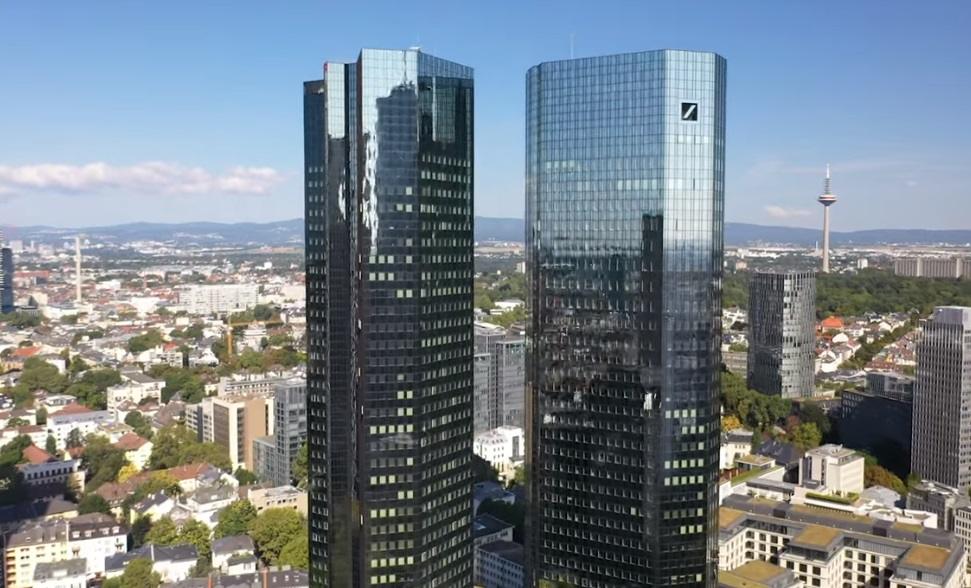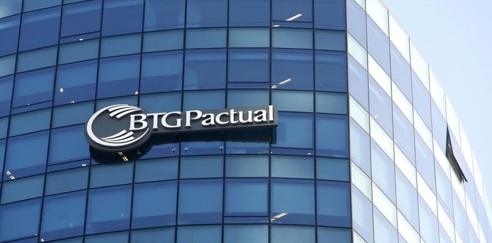Deutsche Bank Maintains Net Zero Goals in Updated Transition Plan
Deutsche Bank announced the publication of its updated Transition Plan, outlining the bank’s progress towards its climate-related goals, and updating its approaches towards reaching its net zero ambitions.
Deutsche Bank published its initial Transition Plan in 2023. The update comes as several major banks globally are reassessing their climate and sustainable finance approaches, with many dropping out of industry groups such as the Net-Zero Banking Alliance (NZBA), and some pushing back their financed emissions reduction targets, or in some cases dropping their climate goals entirely.
In its updated report, however, Deutsche Bank reiterated its 2030 and 2050 sector-focused financed emissions reduction targets and its 2050 net zero goal.
Deutsche Bank’s Chief Sustainability Officer, Jörg Eigendorf, said:
“Regardless of current developments, we remain committed to our path to net-zero. We regard it not only as a societal responsibility but also as part of a prudent risk management practice as well as a business opportunity. While the urgency for action in the fight against climate change has been growing rapidly, we need to protect our balance sheet and operations against the growing number of catastrophic events as well as against transition risks.”
The report outlines a series of key initiatives and approaches taken by Deutsche Bank since the publication of its initial Transition Plan, including the implementation of Divisional Carbon Budgets in the corporate bank and investment bank, and integrating the carbon budgets into the compensation program for the bank’s Management Board. The bank is also integrating climate and transition risks across its risk management framework, metrics and performance indicators, client and transaction approval processes, portfolio monitoring, risk appetite and reporting, and it has established frameworks and policies including a Sustainable Finance Framework, ESG Investments Framework, Sustainable Instruments Framework, and a Summary Framework on Environmental and Social Due Diligence.
As with most banks, financed emissions, or “Scope 3, Category 15” constitute the vast majority of Deutsche Bank’s climate footprint. Within this category, Deutsche Bank’s €118 billion corporate loan portfolio represents 93% of financed emissions, with its €166 billion European residential real estate portfolio of loans accounting for 7%.
Within its corporate loan portfolio, Deutsche Bank previously announced 2030 and 2050 sectoral decarbonization targets for eight of its most carbon-intensive sectors, including Oil & Gas, Power Generation, Automotive, Steel, Coal Mining, Cement, Shipping, and Commercial Aviation, which remain unchanged in the updated Transition Plan.
According to the updated report, by year-end 2024, the corporate loan portfolio’s emissions covered by the net-zero pathways fell by 5% compared to 2023. In its European residential real estate portfolio, emissions dropped by 44% since 2022, although some of the decline was driven by a decline in new mortgage business.
Deutsche Bank outlined its approach to systemically reduce the financing of carbon intensive activities, and growing the financing of activities which support the transition to net zero, which includes financing the development and scalability of clean energy infrastructure, engaging with high-emitting clients to support and finance their decarbonization and transition, and reviewing engagement with clients that are not willing or able to transition away from carbon intensive activities – including responsibly phasing out high-emitting assets as a last resort.
The report also outlined Deutsche Bank’s progress in its operational emissions, with the bank achieving a 79% reduction in Scope 1 and 2 emissions, and a 45% reduction in Scope 3 emissions (other than financed emissions) since 2019, although emissions in the latter category increased slightly in 2024 over the prior year.
“Our Transition Plan sets out what clients and the public can expect from us as we scope out our role in decarbonizing the economy. As the economy progresses toward net-zero, regulations, reporting standards, and the role of the banking industry evolve. This will allow us to continuously refine our approach to become net-zero by 2050.”
Eigendorf said:
Click here to access Deutsche Bank’s update Transition Plan.





